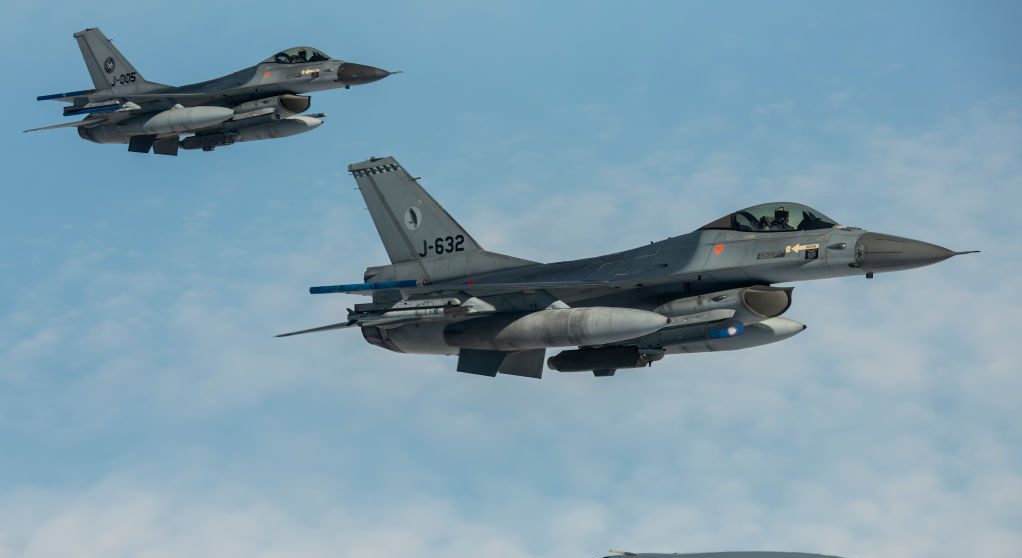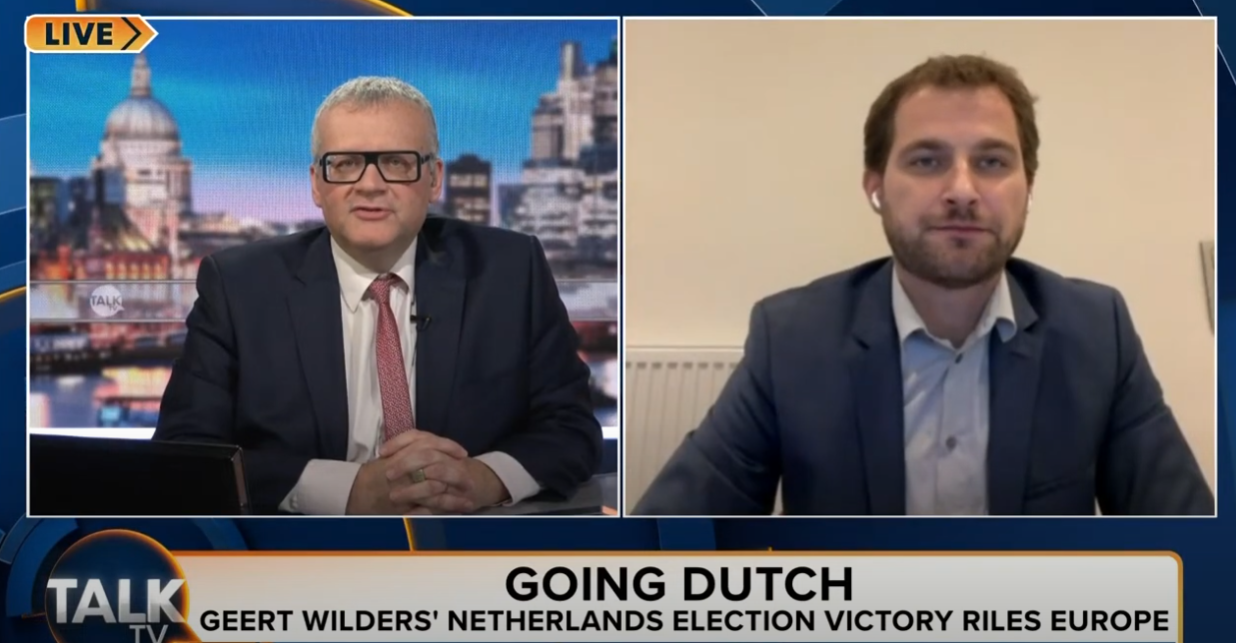Dutch hard-right leader Geert Wilders called on his country’s government to cut spending on climate policies and the Ukraine war to fund tax cuts.
“The Dutch are having a hard time making ends meet, inflation is rising,” the Party for Freedom (PVV) leader told journalists January 14.
Wilders blasted the desire to spend cash on “left-liberal hobbies” while Dutch people are struggling.
While “other parties do want to reserve more money for Ukraine and the climate”, he said, “I am not going to let it happen that with a historically low national debt and a deficit neatly within the margins we will soon leave the Dutch out in the cold.”
With 37 seats in the 150-member House of Representatives, Wilders’s PVV is the largest party in PM Dick Schoof’s governing coalition.
“I want us to finally put the Dutch first. Many are struggling, life is getting more and more expensive,” he wrote on X January 15.
Wilders urged politicians to adjust the country’s spending to benefit Dutch taxpayers.
“Helping people is our priority over extra billions for left-liberal hobbies like climate,” Wilders said.
The country’s economy under Schoof’s’s current technocratic government has surpassed several of its neighbours.
According to analysts from banking group ING, the Netherlands had less exposure to heavy industry and high energy prices than neighbouring Germany. This has allowed the Dutch economy to grow in 2024, while Germany’s shrank by nearly a percentage point.
The Netherlands was also less exposed to China, with less focus on high-volume manufacturing than larger EU member states.
“The Dutch economy is less dependent on traditional manufacturing industry. As a result, our economy is currently less threatened by Chinese competition,” ING said.
By comparison, “China is becoming a major rival in the markets for quintessential German products, currently mainly cars,” it added.
Netflix has been hit with a €4.75 million fine by the Dutch Data Protection Authority for breaking the European Union’s GDPR privacy rules. https://t.co/XnqOP5Zjl0
— Brussels Signal (@brusselssignal) December 19, 2024





